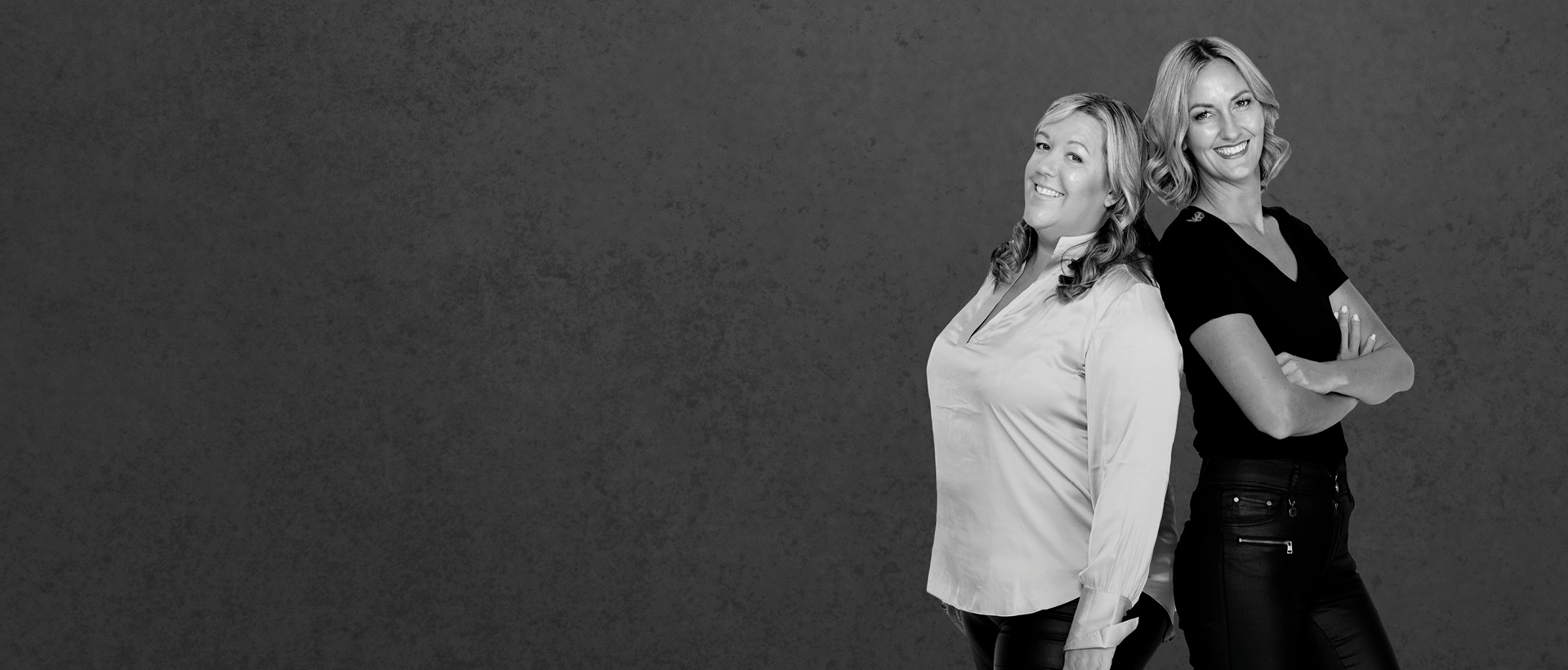Interview success is just around the corner.
Interviews are one of life’s inevitable phenomena that can cause sweaty palms and mumbled words for even the most stoic amongst us. And if you’ve ever been asked any unusual interview questions - requiring equally off-the-wall replies – you’ll understand that the sweats and mumbling are definitely warranted. “If you were a fruit, what would you be?” Is one such example. (If you’re curious, the correct answer was reportedly “a grape, because I work just as well by myself as I do in a team.”)
While interviews might be in the process of a facelift thanks to modern technology, at heart they’re essentially the same. And while we might wish they just go away, no suc luck: they’re a tried-and-true mainstay of the recruitment process. And as such, they have a habit of reappearing all the way through our lives.
If you’ve got an interview on the horizon though, fear not: there are ways to prepare.
Some of these interview questions may seem like verbal booby traps, designed to get you to reveal things about yourself that you hadn’t intended to.
This is not necessarily true. But in the spirit of preparation, we’ve come up with some common stumbling block questions and showed how they demonstrate an opportunity for you to shine.
Stumbling Block 1:
What are your weaknesses?
The purpose of this question is twofold. Yes, a prospective employer may wish to find out what your flaws actually are, but he or she is much more likely to be interested in the way that you talk about yourself – particularly when dealt a difficult question.
The best thing to demonstrate is an awareness that a) you are not perfect, but b) you are receptive to feedback and motivated to improve yourself on a continual basis. For example, “What’s your biggest weakness?” “Well, one thing I’ve been aware of is that I sometimes….” Or “One thing I’m focussing on is ….”
Stumbling block # 2:
What was your biggest failure?
This is another opportunity for self-awareness disguised as a request for self-flagellation. It’s best to keep this one totally work-related; your interviewer is not your counsellor!
The key here is to demonstrate that you have learned from your experience, so while it might seem like a question about failure, what you’re really being asked about is learning and hindsight.
The bigger the failure, the more associated learning you’re going to need to mention to balance it out.
Stumbling block # 3
Where do you see yourself in five years?
First of all, let’s clarify your interviewer’s expectations at this point. What this question answers for them is simple: where do you and your dreams fit in with the company’s bigger picture?
The best way to answer this one safely is to be non-specific – which is not a tactic we’d usually advocate for, but in this situation, it works. You’ll also need to make sure that you’re clear that you’d still like to be part of the company in five years, and to find a way to incorporate how happy you would be to land the current role on offer into your answer. Any knowledge you can display about the company is a bonus.
“Well firstly, I am really excited and energised by the prospect of potentially joining the team as a [role] – but further down the track I would love to be working in [specialised field within industry], because that’s an area I’ve always found really interesting. And one thing that really drew me to [company] was the opportunity for leadership roles, and I’d love the chance to move into more of a mentoring capacity if the opportunity presents itself.”
Feeling a bit better about those questions? Now, take your game to the next level with our top 5 job interview tips
